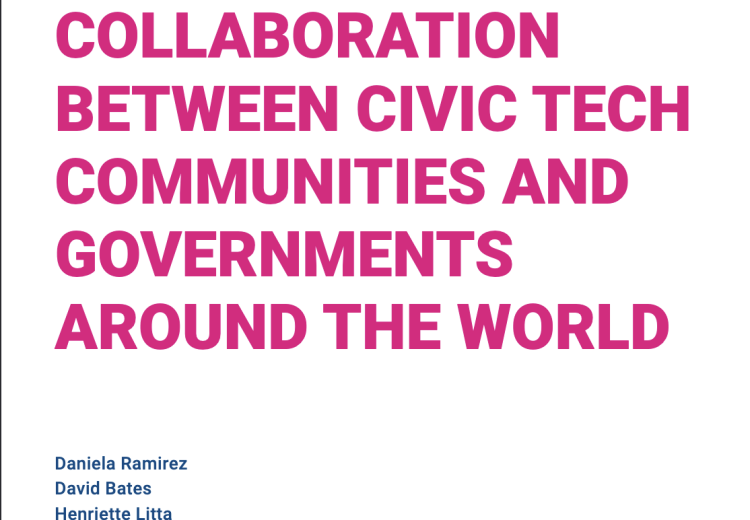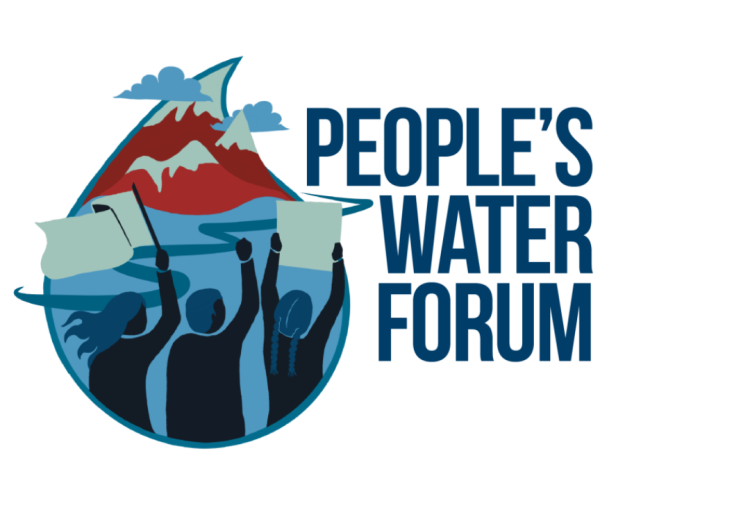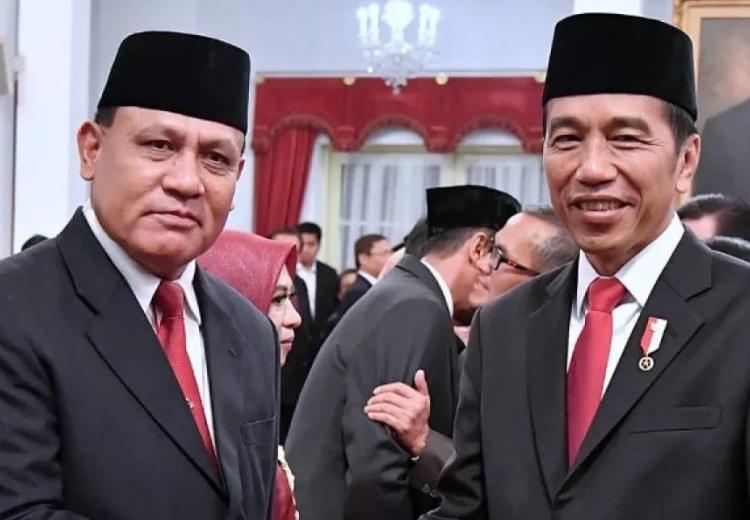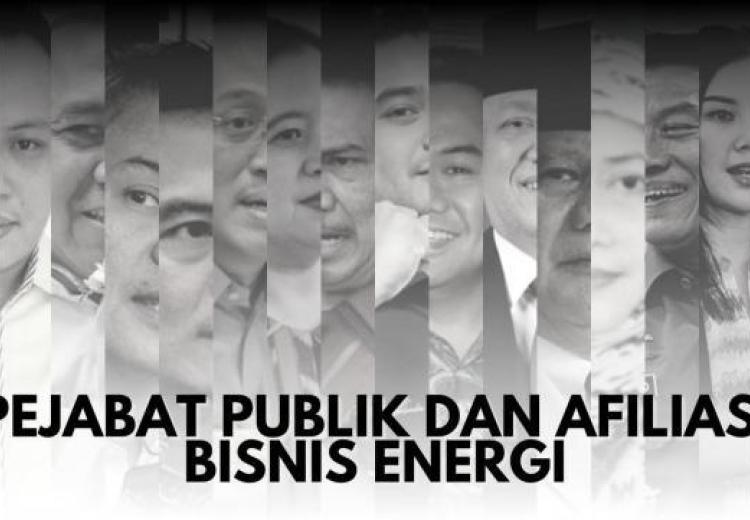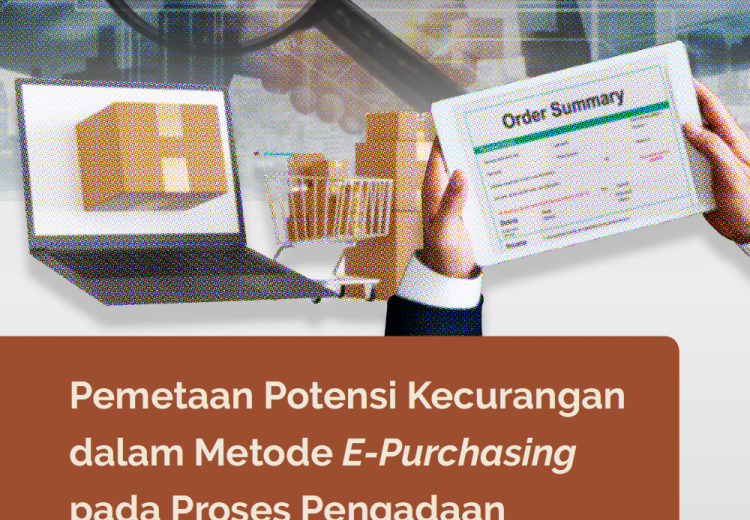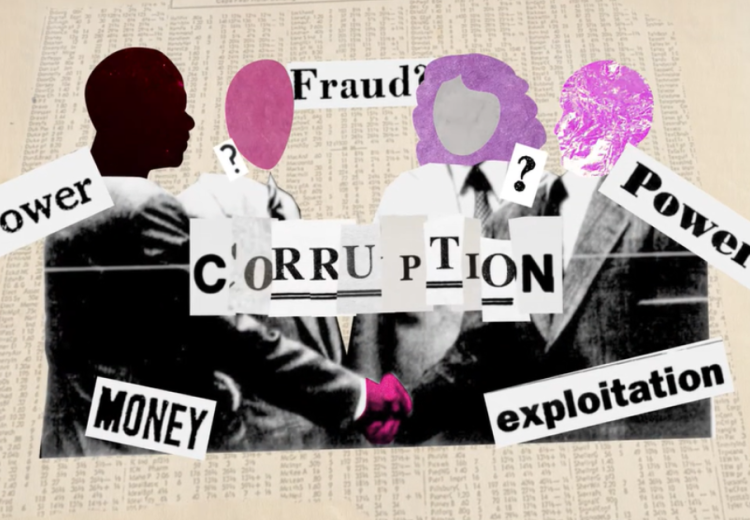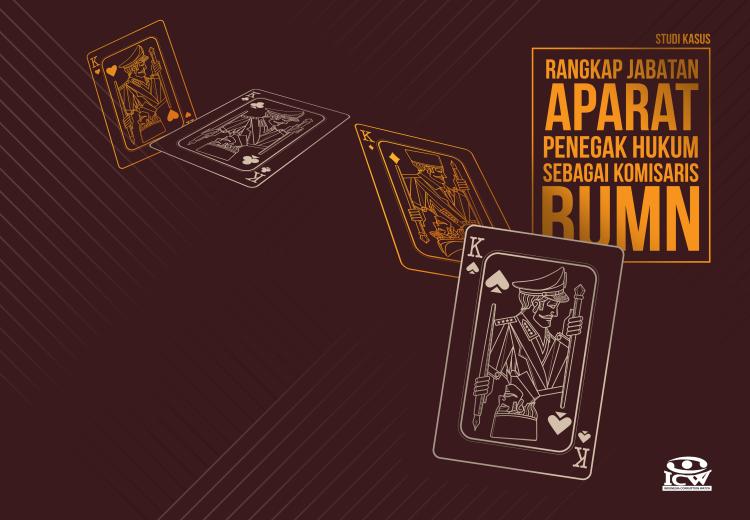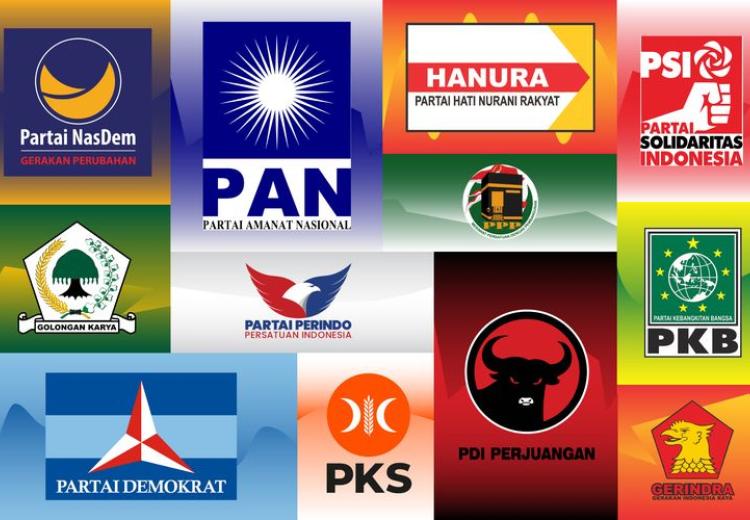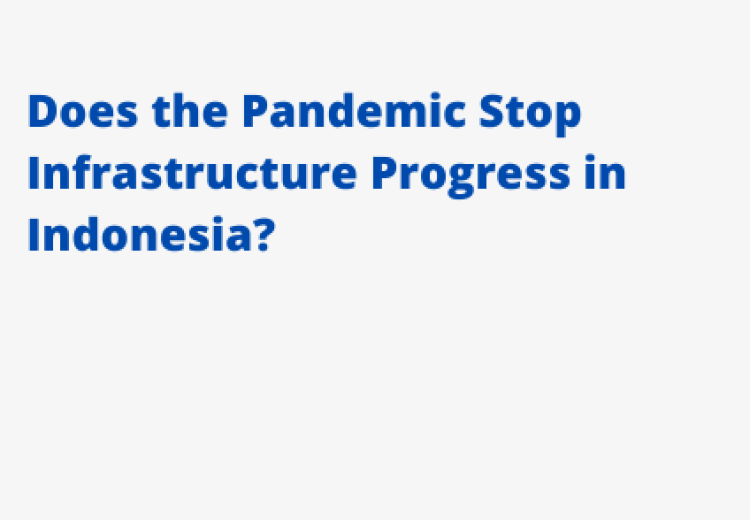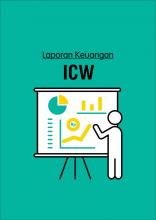This publication showcases how governments and civic tech communities around the world can work together to build digital services and projects. It also offers policy recommendations on what governments can do to facilitate such collaboration.
The People's Water Forum (PWF), which was supposed to take place in Bali on May 20th 2024, received threats and violence from state apparatus and non-state actors. PWF is a forum for civil society groups that criticize the World Water Forum organized by the government based on capital interests without fully involving citizens. Whereas in principle, access to water is part of human rights whose fulfillment must be guaranteed by the state.
The extortion case against former Agriculture Minister, Syahrul Yasin Limpo has moved into a new phase as now that Firli Bahuri has been named a suspect.
This report reveals connections between public officials and the energy industry,
particularly coal companies. These connections are important as coal companies
will be advantaged by the revised Mineral and Coal Mining Law and the enactment
of the Law on Job Creation. In the previous, pre-revision iteration of the Mineral
and Coal Mining Law (Law No. 4/2009), business players had to follow strict
requirements to secure license extensions. If they wanted to extend their license
Corruption in the public procurement sector continues to be a global issue. According to a report from the United Nations Office on Drugs and Crime (UNODC), 10-25 percent of public money was lost to corruption in this sector. Meanwhile, in a 2014 report titled “The OECD Foreign Bribery Report”, the Organisation for Economic Cooperation and Development (OECD) indicated that 57 percent of bribery cases that involved foreign public officials were committed in order to win public contracts.
The Government’s commitment to eradicating and preventing corruption throughout the year 2022 must be questioned. Indisputably, the consistent increase in corruption cases shows that the various efforts made by the Government has increasingly hit a dead end. This is at least reflected in the latest Corruption Perceptions Index published by Transparency International Indonesia (TII) which shows that in 2022 Indonesia will experience a very drastic decrease in its score from 38 to 34.
The practice of concurrent positions continues to be a problem in Indonesia. In general, the concept of concurrent positions is understood as a condition in which one person holds positions, or wields more than one branch of power at the same time.
Good governance requires information disclosure as one of its foundations. Simultaneously, freedom of information is one of the prerequisites for creating an open government. Therefore, laws and regulations in Indonesia place freedom for the public to access information as human rights as stated in Article 28F of the 1945 Constitution. This legal political commitment should be obeyed by all elements of power, especially because Indonesia is a democratic country, where the people's sovereignty guaranteed by laws and regulations.
Indonesia Corruption Watch analyzed infrastructure tenders in 2020 to understand how the country has been performing against the national infrastructure plan during the pandemic. ICW applied OCP’s OCDS & OC4IDS indicators and red flags indicators and this is what they discovered:


